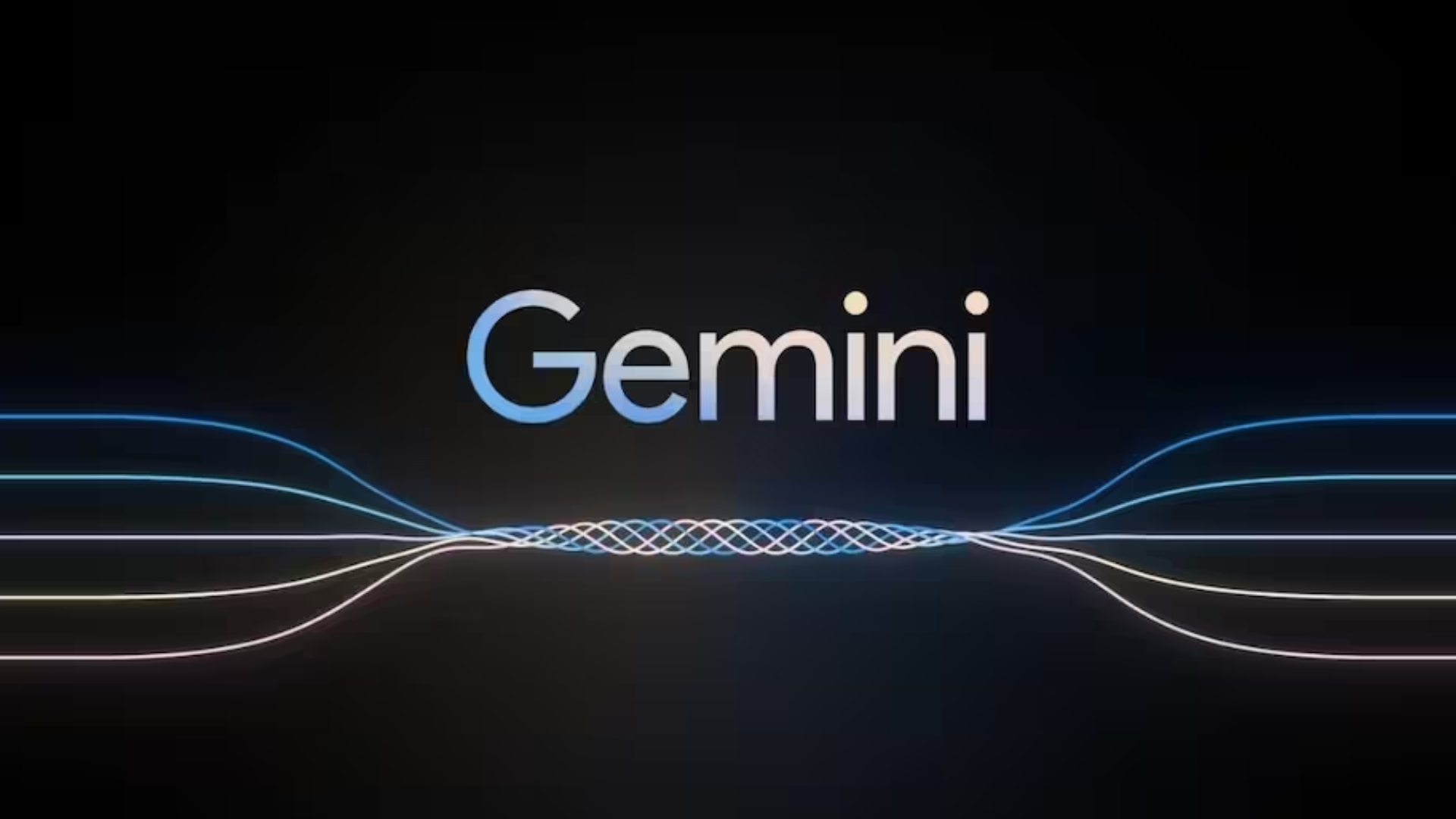The Stanford School of Education pioneers cutting-edge Natural Language Processing (NLP) systems. Led by Professor Dora Demszky and PhD student Rose Wang, this initiative leverages AI to enhance teachers’ instructional capabilities. Focused on addressing teacher burnout, the research integrates advanced NLP systems to offer innovative solutions.
Under the leadership of Professor Dora Demszky, the contributions of Ph.D. student Rose Wang at Stanford Graduate School of Education (GSE) exemplify a dedicated commitment to pushing the boundaries of educational technology. Together, their collaborative efforts specifically address the pressing issue of teacher burnout, shedding light on the immense potential within the partnership between human educators and artificial intelligence.
Within the realm of GSE, the development of Natural Language Processing (NLP) systems tailored for education has the power to transform classrooms. These systems offer valuable insights, automate tasks, and provide personalized support. This not only alleviates the burdens on teachers but also enhances the overall teaching experience. In addressing current challenges, GSE is at the forefront of anticipating a future marked by seamless collaboration between humans and AI in the field of education.
Revitalizing Educators: NLP For Teacher Affordable Well-being
The decision to incorporate Natural Language Processing (NLP) tools into educational practices stems from a critical objective: addressing the prevalent issue of teacher burnout, as highlighted by a Gallup poll on the state of education in the U.S. This pervasive concern reflects the challenging nature of the teaching profession, necessitating innovative solutions to provide support to educators.
By harnessing NLP, researchers aim to enhance efficiency in key aspects of teaching, particularly in tasks such as creating lesson plans and facilitating communication. NLP’s capabilities in language understanding and processing allow for the automation and augmentation of these time-consuming responsibilities, offering teachers valuable assistance and reducing their workload.
The primary goal is to improve the well-being of educators by alleviating the stress associated with repetitive tasks. NLP tools streamline processes, enabling teachers to concentrate on meaningful student interactions and refine instructional strategies. The integration of technology not only addresses burnout but also enhances the quality of education by empowering educators.
Ultimately, the incorporation of NLP tools represents a proactive approach to supporting teachers, recognizing the importance of their mental and emotional well-being in delivering high-quality education. Through this innovative use of technology, the education sector aims to create a more sustainable and fulfilling environment for educators, fostering a positive impact on both teachers and students alike.
Unleashing Potential: A Unified Front in Teaching with AI
Researchers emphasize the crucial role of a collaborative AI-teacher approach in education, advocating for technology as an augmentation rather than a replacement for human connections. This perspective acknowledges and values educators’ unique insights and empathetic understanding, recognizing the irreplaceable human element in the educational process.
The researchers actively promote a symbiotic relationship, encouraging the merging of AI’s strengths with those of human educators. The overarching goal is to leverage technology as a tool that enhances education, preserving and even elevating the essential human touch. Rather than displacing educators, the aim is to use AI judiciously to facilitate personalized learning experiences while safeguarding vital human interaction and emotional understanding.
This approach appreciates the intricacies of the educational landscape, where a harmonious blend of human and technological strengths can foster a more holistic and effective learning environment. By fostering collaboration, this paradigm ensures that the integration of AI into education aligns seamlessly with the core values of empathy, insight, and the nuanced understanding that human educators bring to the educational journey. It’s a vision where technology serves as a supportive ally, amplifying the impact of educators and enriching the overall educational experience for learners, all while staying true to the fundamental principles of human-centric education.
Real-World Tech: Educator-Driven Startling NLP Excellence
The Stanford Graduate School of Education (GSE) team demonstrates a commendable commitment to infusing educator insights into the design of Natural Language Processing (NLP) tools. By prioritizing practical wisdom, they align NLP systems seamlessly with pedagogical knowledge, forging a synergy that enhances the adaptability of NLP tools. This strategic integration of educator expertise not only acknowledges the diverse landscape of student learning techniques but also positions NLP as a valuable ally in catering to these variations.
At the heart of this innovative approach is a teacher-centric focus that places educators at the forefront of tool development. The team recognizes that the efficacy of NLP tools lies in their ability to resonate with real-world teaching practices. By leveraging the collective wisdom of educators, they ensure that the NLP tools are not only technologically advanced but also deeply rooted in the nuances of effective teaching.
This collaborative effort between technology and education results in NLP tools that go beyond mere functionality. They become dynamic instruments that reflect the evolving needs of classrooms, seamlessly integrating with the teaching process. The emphasis on practical insights ensures that NLP serves as a supportive companion to educators, augmenting their capabilities and contributing to the overall enhancement of the teaching and learning experience. In essence, the Stanford GSE team’s approach fosters a symbiotic relationship between technology and pedagogy, paving the way for a more effective and responsive educational landscape.
Transformative Teaching with GSE Perspective Insights
Within Stanford’s Graduate School of Education (GSE), their NLP models transcend routine tasks by offering teachers intricate feedback and personalized suggestions. This innovative technology not only simplifies administrative processes but also cultivates impactful pedagogy, fostering student well-being. The GSE’s tailored feedback empowers educators to refine their teaching methods, enabling a dynamic and responsive approach that significantly enhances the overall learning experience.
At the core of Stanford GSE’s approach is the utilization of NLP models that go beyond mundane tasks. These models provide educators with nuanced feedback, creating a personalized and efficient administrative experience. More importantly, this technology becomes a catalyst for impactful pedagogy. By leveraging detailed insights, teachers can tailor their instructional methods to better suit individual student needs, promoting a supportive and enriching learning environment.
The GSE’s NLP models play a dual role in both administrative efficiency and educational effectiveness. The streamlined administrative tasks allow teachers to focus more on refining their teaching strategies. This emphasis on continuous improvement creates a dynamic and responsive educational approach that not only benefits the educators themselves but also significantly elevates the overall learning experience for students. In essence, Stanford GSE’s integration of NLP models revolutionizes education, aligning administrative processes with impactful pedagogy to ultimately support student well-being and foster a more enriching learning journey.
Innovative Support for Virtual Learning with AI Insights
The researchers at Stanford University are expanding their initiatives into the digital domain, venturing into the creation of tools tailored for online instructors. These tools serve the purpose of providing valuable feedback on student engagement levels during virtual lectures. Simultaneously, they introduce an artificial intelligence (AI) coaching tool, strategically crafted to enhance traditional in-person teaching methodologies by offering personalized and constructive suggestions. These groundbreaking solutions underscore a steadfast dedication to providing all-encompassing support for the classroom environment, recognizing the dynamic and ever-evolving landscape of education.
In their pursuit of advancing educational practices, the researchers are attuned to the unique challenges faced by online instructors. By developing tools that specifically address the nuances of virtual learning, they aim to empower educators with insights into student engagement, fostering an interactive and participatory digital learning experience. Moreover, the introduction of an AI coaching tool signifies a forward-looking approach to teaching, embracing technology as a collaborative partner in the educational process. This tool serves as a virtual assistant, offering tailored recommendations to instructors, thereby enriching the quality of in-person teaching and promoting continuous improvement in pedagogical approaches.
In essence, these innovative endeavors epitomize a holistic commitment to supporting educators in both physical and virtual classrooms, emphasizing adaptability and responsiveness to the evolving dynamics of contemporary education.
Inspiring Growth: Transformative Language in Teaching
The researchers delve beyond the mere practical applications of Natural Language Processing (NLP) to concentrate on cultivating a growth mindset language within the teaching community. This forward-thinking strategy strives to implant a mindset centered on perpetual enhancement, enriching the professional development of educators and fostering positive influences on student outcomes. This groundbreaking approach acknowledges the crucial role language assumes in molding attitudes, aspiring to construct an atmosphere that stimulates continual learning and growth among teachers. The ultimate goal is to contribute to a more vibrant and efficient educational experience for students.
By prioritizing the cultivation of a growth mindset language, the researchers recognize that transformative change in education emanates from the beliefs and language used by educators. This approach transcends conventional practices, emphasizing a commitment to ongoing learning and improvement. The ripple effect extends beyond individual teachers, positively impacting the entire educational ecosystem. As educators embrace a mindset of continuous improvement, they become catalysts for change, fostering an environment that nurtures curiosity, resilience, and adaptability. This innovative perspective not only elevates professional development but also shapes a dynamic educational landscape that empowers students to thrive in an ever-evolving world.
Simplified Education Tech: One Unified NLP Platform
Researchers foresee an education future with a unified platform where diverse Natural Language Processing (NLP) tools converge seamlessly. This integration aims to enhance educators’ experience by offering a cohesive solution, eliminating challenges from disparate tools. The focus is on efficiency benefits and mitigating “tech fatigue” risks among educators.
Researchers caution against the widespread adoption of a unified platform, emphasizing potential challenges. They note “tech fatigue,” where educators may feel overwhelmed. To address this, they advocate a balanced approach, using advanced tools efficiently while maintaining a user-friendly educational technology ecosystem.
Moreover, researchers recognize the need for equitable access to educational technology, ensuring benefits reach all educators, regardless of resources. This holistic approach envisions a technologically advanced yet inclusive education future.
Closing the Gap: Equity in Educational AI Assistance
Professor Dora Demszky and PhD student Rose Wang express genuine concerns about the potential for inequalities in accessing AI teaching support. Their focus is on advocating for a perspective that prioritizes tools benefiting both teachers and students, particularly in underserved settings. This advocacy reflects a commitment to fostering equity in the realm of educational technology.
By emphasizing the importance of an equity-focused approach, Demszky and Wang underscore the need for technological solutions that bridge gaps rather than exacerbate existing disparities. Their shared dedication is evident in their call for AI teaching support systems that contribute to inclusive and accessible learning opportunities for all.
Professor Demszky and also PhD student Rose Wang jointly address AI’s impact on education. They stress technology’s empowering role, especially in resource-limited settings. Aligned with equity, their academic work advocates accessible and also inclusive learning. Their ultimate aim: is technology catalyzing positive educational transformation.
Innovative Teaching Tools: Stanford’s NLP Advancements
Concluding the NLP tools exploration for teacher support, Stanford School of Education leads with innovative solutions. Addressing teacher burnout, they emphasize technology’s pivotal role. The forward-thinking approach emphasizes human-AI collaboration, recognizing their symbiotic relationship in education.
A notable strength is expert input and aligning NLP tools with educators’ nuanced needs. Tailored feedback highlights commitment to personalized professional development, addressing teaching styles and challenges. Envisioning an integrated tool future demonstrates adaptability and foresight in anticipating educational needs.
Moreover, the emphasis on promoting a growth mindset and addressing equity concerns highlights the ethical dimension of the Stanford GSE initiative. By prioritizing inclusivity and fairness, the researchers exemplify a dedication to creating a positive impact not only on educators but also on students, fostering a more equitable learning environment.
As the journey unfolds, the Stanford GSE initiative holds the promise of reshaping the educational landscape. It envisions a future where technology, particularly NLP tools, catalyzes enhancing the human connection in pursuing knowledge. This holistic and also forward-looking approach positions the Stanford School of Education at the forefront of leveraging technology to positively transform teaching and also learning experiences.
To Know More: https://shorturl.at/wAHX1
Key Words: AI | GSE | NLP Tools









